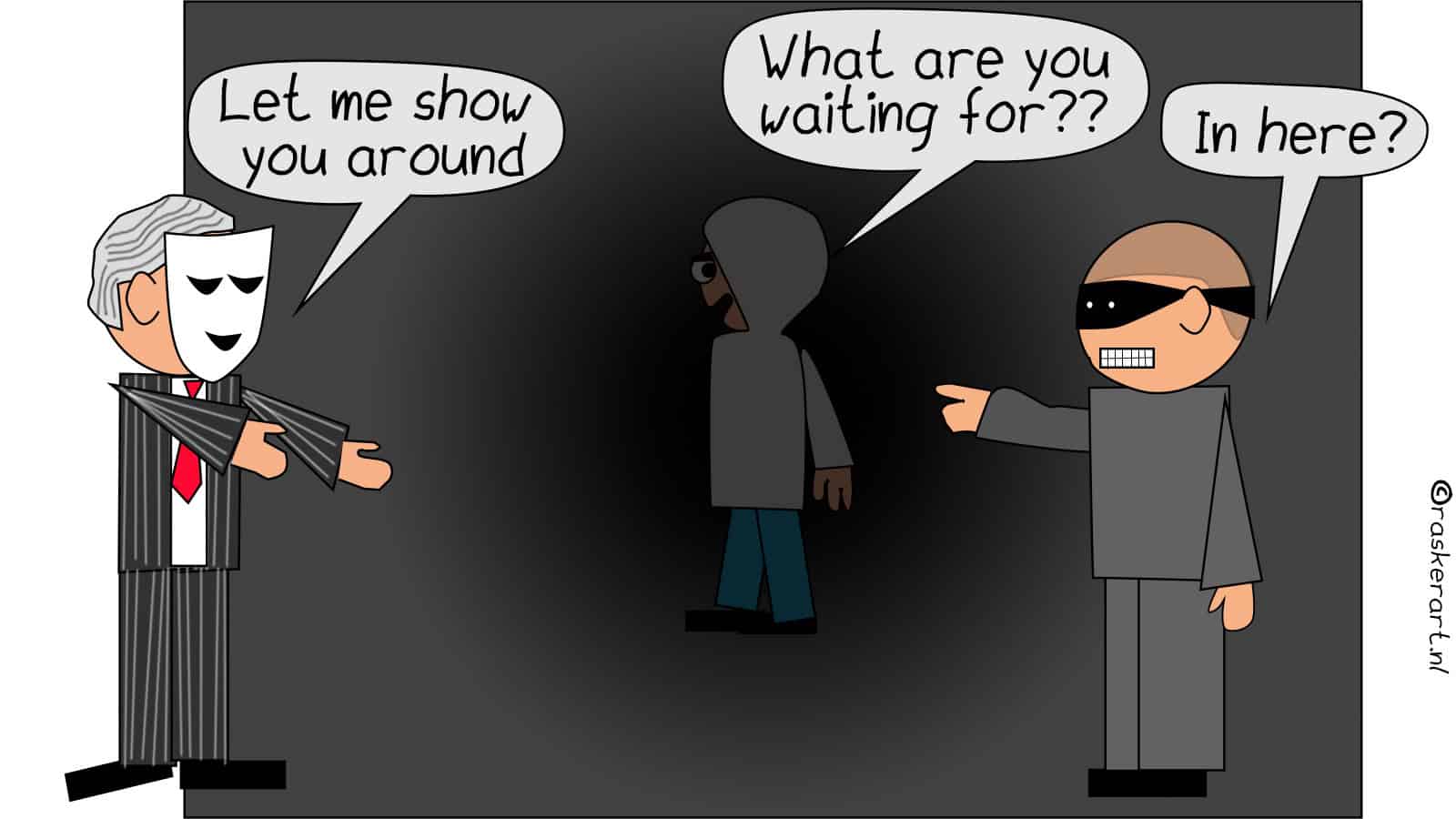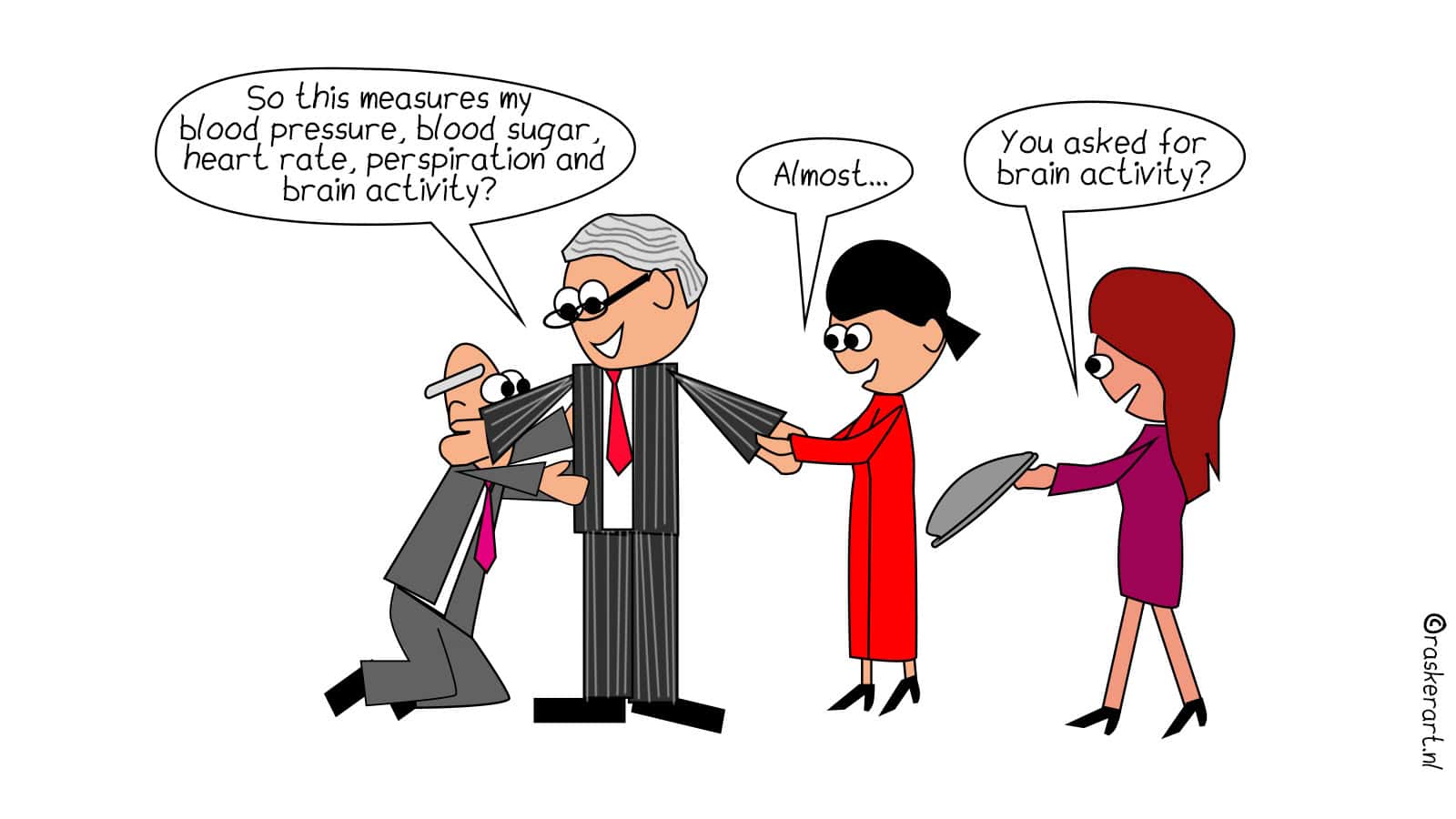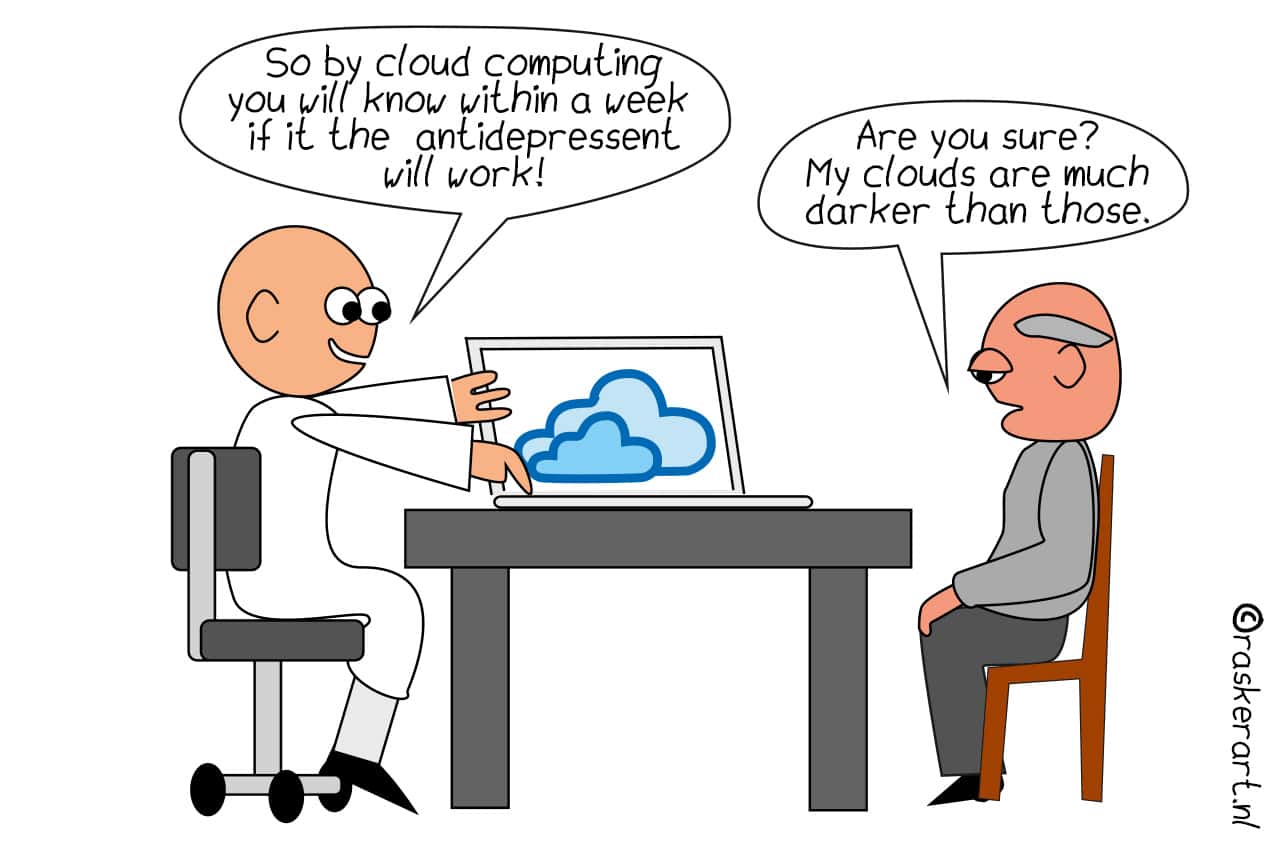
In our weekly recap on Sunday, we as editors look back at the past seven days. We do this at the suggestion of our cartoonist Albert Jan Rasker. He chooses a subject, makes a drawing, and we take it from there. What were we talking about in the newsroom? What other topics caught our eye? How do we actually work at Innovation Origins? Everything can come by. If you also want this newsletter straight to your inbox every Sunday morning, just subscribe here.
Rather listen than read? Click here then.
Our top-scoring article last week was the piece showing that researchers all over the world are convinced that we can live energy-neutral by 2050. The number of published studies “proving” this has grown by 27% annually since the year 2010 and continues to grow each year. Much of the traffic to our article came from a link on SubReddit Energy. That’s very nice, but at least as interesting are the nearly 2,000 comments underneath that post. Some very long and detailed, others short and sweet, but in terms of content, it mostly came down to one conclusion. Yes, of course, we can become energy neutral, but do we really want to? Will we actually do what’s possible?

And that, frankly, is rather frustrating. We are all convinced that it can be done, but still, most people don’t see it happening. Why is that? The power of the oil industry, incapable administrators, and the unwillingness of people to give up their familiar lives. How can we break through all these barriers?
As far as we are concerned, first and foremost, by showing through our journalism that it is really possible. Last week, again, was filled with examples of people and organizations that are working to tackle the world’s biggest challenges.
Below is a selection of the dozens of new articles published last week. Or go directly to the complete overview of our most recent stories here!
Enjoy your Sunday!

Over the past few months, we have published a series on how the 27 EU countries plan to invest the money they received through the corona recovery fund. In this final installment of “Decarbonizing Europe“, we look back at the implementation of the plans. Although this series ends with this story, we continue to follow the countries’ efforts and report on new developments.

Rocket Factory Augsburg wants to make it possible with its RFA ONE launcher to put several satellites into low-Earth orbit at the same time. This could make space travel a little more sustainable. Pierre Felcenloben spoke to the founders after an initial successful test.

Each day we spotlight a start-up. Friday’s choice was ReNature, a company that wants to help farmers bring depleted farmland back to life. Their ultimate goal: regenerate two percent of all farmland (100 million hectares) by 2030 and give ten million farmers a better life. Now, that’s ambitious.

And finally: the eighth edition of our Gerard & Anton Awards is coming up. The ceremony is on September 22 at 17:00 at the High Tech Campus in our home town Eindhoven. The awards are the final part of a big start-up event that takes place on the same day. Do you have a startup in mind that deserves one of our awards? Let us know via [email protected]. Here’s more.








